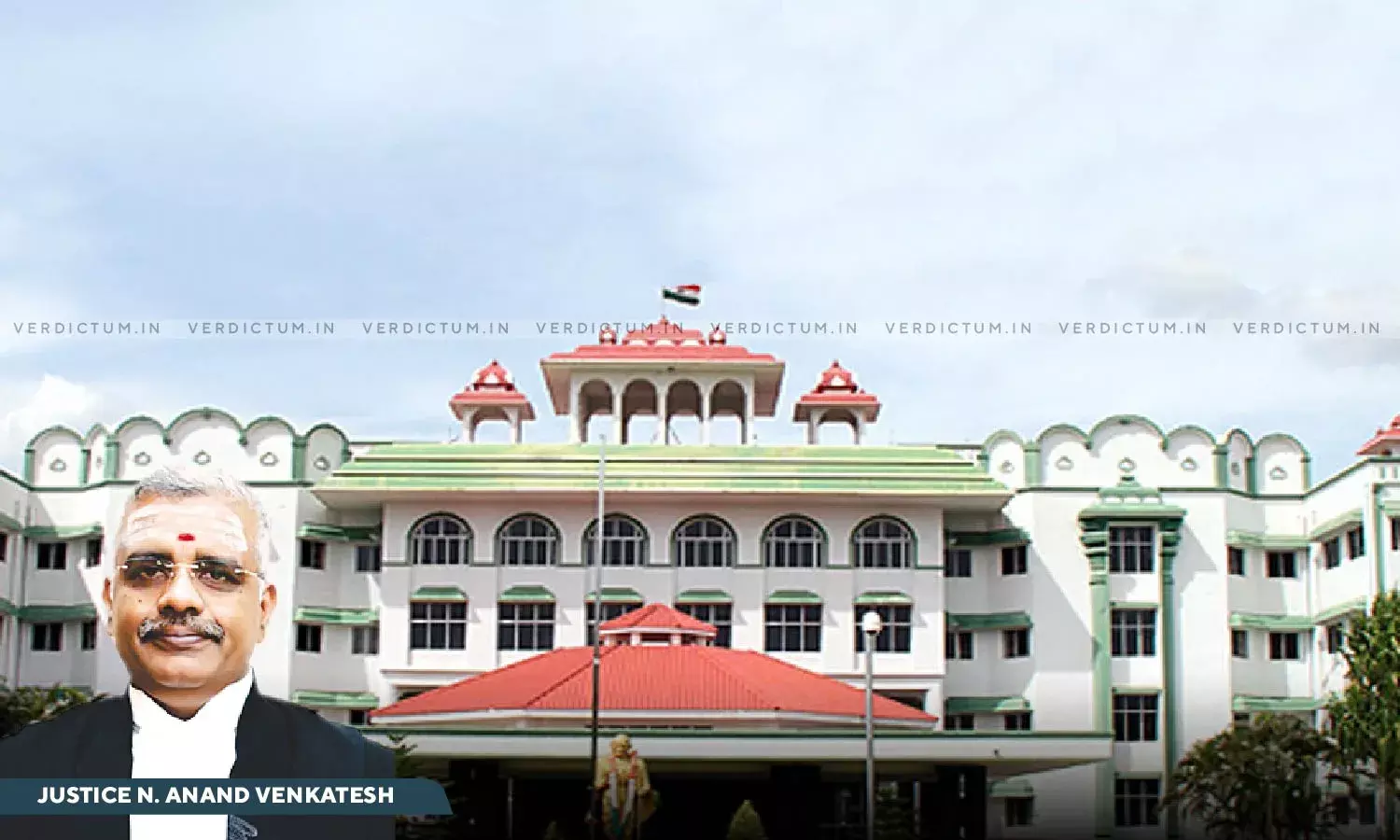Merely Watching/Downloading Child Porn Not A Crime: Madras HC Quashes POCSO Case
The Madras High held that the mere act of watching or downloading child pornography does not make out an offence under Section 67-B of the Information Technology Act, 2000 (IT Act).
The Court discussed the issue of pornography addiction and sexually explicit material on the internet being readily available. The Court expressed, “Viewing pornography can have negative consequences on teenagers down the line, affecting both their psychological and physical well being.”
A Single Bench of Justice N. Anand Venkatesh acknowledged the challenges of porn addiction amongst teenagers and observed, “The Generation Z Children are grappling with this serious problem and instead of damning and punishing them, the society must be mature enough to properly advice and educate them and try to counsel them to get rid of that addiction.”
Advocate J.N. Naresh Kumar represented the petitioner, while APP A. Damodaran appeared for the respondents.
An FIR was registered for offences under Section 67-B of the IT Act and Section 14(1) of the Protection of Child from Sexual Offences Act, 2012 (POCSO) based on a letter that mentioned that the petitioner had downloaded child pornography on his mobile phone.
The mobile phone was seized and sent to the Forensic Science Department for analysis, where two files containing child pornography content were found. However, the petitioner maintained that he had only downloaded the material for personal viewing and had never shared or transmitted it to others.
The petitioner admitted to having a history and addiction to watching pornography during his teenage. However, he asserted that he had never watched child pornography and expressed his intention to seek counselling to overcome the addiction.
The Court addressed the problem of porn addiction becoming a growing concern in teenagers and pointed out, “There used to be addiction in smoking, drinking, etc. and there is a growing rise in addiction watching porn photos/videos. This, is in view of the fact that it is easily available in the electronic gadgets and by repeatedly watching the same, it becomes a habit and ultimately, the person gets addicted.”
In its decision, the Court clarified that the mere act of viewing child pornography does not constitute a violation of Section 14(1) of POCSO, as it requires explicit exploitation of children.
Additionally, for an offence under Section 67-B of the IT Act, there must be evidence of publishing, transmitting, or creating explicit material involving children, which the petitioner did not engage in. The Court noted, “Since he has not used a child or children for pornographic purposes, at the best, it can only be construed as a moral decay on the part of the accused person.”
The Court quashed the proceedings on the file of the Sessions Judge and held “This Court hopes that the petitioner will listen to the advice and get rid of the addiction for a happy and healthy future. Quashing of the Criminal proceedings by itself will not help the petitioner and the petitioner has to help himself by getting rid of the addiction.”
Subsequently, the High Court allowed the criminal original petition.
Cause Title: S.Harish v. The Inspector of Police & Anr. (2024:MHC:5769)




